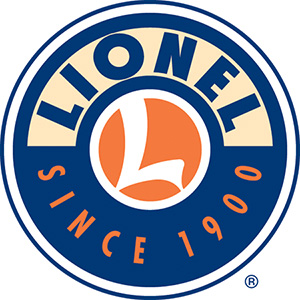I've been interested in learning how to upgrade and maintain the electronics in my trains for a while now. But in addition to working on my own engines I'm also interested in the idea of becoming a service tech (authorized or not) and working on repairing/upgrading engines as a part-time "hobby job" on the side. I certainly don't plan on quitting my day job to do this, but I think it would be nice to have as a small income supplement on the side, especially since I want to build this skillset anyway.
For building the skillset, I am thinking of taking a couple of electronics courses to give me a foundational understanding of circuits, etc. I can also work on my own engines for hands-on experience (completely take apart and rebuild, upgrade with ERR, etc). What else could I do to cultivate these skills? I would ultimately like to be able to do full Legacy upgrades like Bruk and Sid do, maybe in a few years (or a lot of years!) I could build a workshop to do Pittman motor installs like Harmon Yards ![]() thanks in advance!
thanks in advance!







